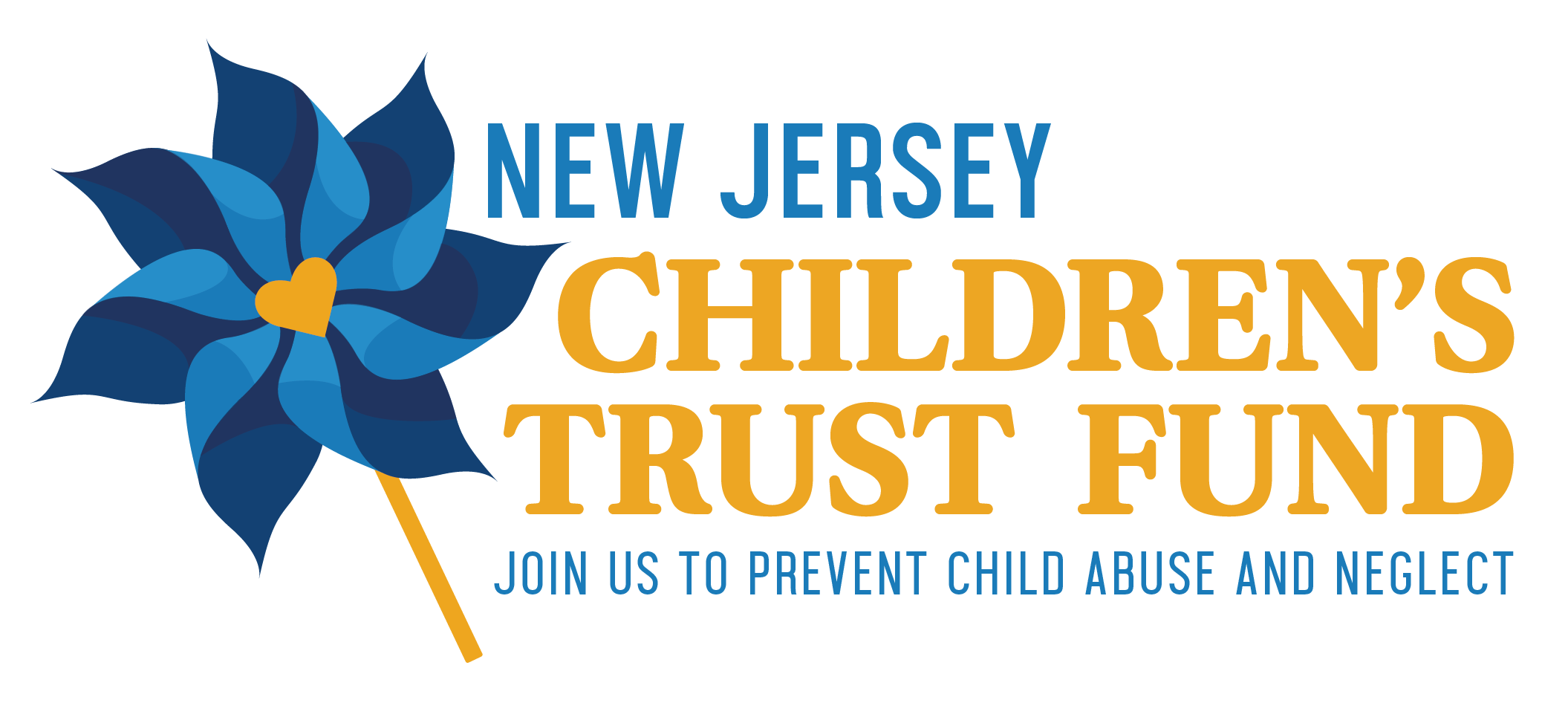TRENTON – Following more than a year of careful deliberation and collaboration by the multi-disciplinary Problematic Sexual Behavior (PSB) workgroup, the New Jersey Department of Children and Families (NJ DCF) today released a framework for therapeutic support and healing for child victims and child initiators / actors in these cases.
“The practice of child welfare is ever-evolving, and as we learn more and know better, we try to do better for the families connected to our system or reaching out to our system for help,” said NJ DCF Commissioner Christine Norbut Beyer, who sat as a member of the PSB workgroup. “Through the work of the Problematic Sexual Behavior workgroup, we have identified a coordinated, cohesive framework to provide the therapeutic supports that families need when our system responds to cases of PSB in children in which there are no concerns around the caregiver’s capacity to act in a responsible, protective manner to facilitate healing.”
Problematic Sexual Behavior (PSB), which had previously been referred to as Child-on-Child Sexual Activity, occurs when the initiator and victim of sexual contact are both under the age of 16. Nationally, between 25% and 35% of cases referred to a Child Advocacy Center (CAC) – a child-friendly setting to coordinate investigation and response between law enforcement, child welfare investigators, and medical and mental health providers – involve an initiator of Problematic Sexual Behavior who is a minor. Through an informal analysis of case data collected by New Jersey’s CACs and Regional Diagnostic Treatment Centers (RDTCs), that figure is between 15% and 30% of cases referred to the CACs and RDTCs in our state.
Problematic Sexual Behavior cases are often responded to by child protection investigators and law enforcement, together or separately, depending on the circumstances. But there are also cases that don’t meet the criteria for an arrest, a child removal, or deeper child protective services investigation. Those cases benefit from counseling and other services that may have been out of reach for families due to cost, availability, or accessibility. In recognition of this need, in February 2022, the PSB workgroup was established to develop a plan for responding to PSB cases, to facilitate the right supports for the right situations at the right time.
DCF convened several meetings of the PSB workgroup, which consisted of representatives from DCF, law enforcement, New Jersey’s network of CACs and RDTCs, therapists and mental health case managers, and advocates for youth and children in New Jersey, to develop a plan to respond to PSB cases and eliminate the gap in accessible services for families.
“A coordinated multidisciplinary response to PSBs of children/youth is important to ensuring that all children/youth affected by PSBs have access to appropriate interventions that promote healing,” said Nydia Monagas, Director of Statewide Initiatives for the Children’s Alliance, and former Executive Director of the organization. The Children’s Alliance provides training and technical assistance to the 21 CACs in New Jersey. “This framework will ensure that victims and children/youth who engage in PSBs – who are, first and foremost, children themselves – have access to effective treatments. In this way, we are not only addressing the current needs of victims, initiators/actors, and their families, but also preventing further incidents of abuse.”
Under the framework released by the Department, a specialized team within the State Central Registry (SCR) that manages New Jersey’s Child Abuse and Neglect Hotline would receive all referrals when there is a concern about problematic sexual behavior between minors. The special unit within SCR, the “Sexual Contact Between Minors Screening and Referral Team”, will work collaboratively with the County Prosecutors’ offices as well as county-based Specialized Care Coordinators (SCCs) to determine whether the matter may require a law enforcement investigation or screening and referral to medical and mental health evaluations and therapeutic supports through the SCCs.
The Specialized Care Coordinators will be responsible for helping families to navigate the medical and mental health evaluation process and once evaluations are performed, will help families connect to any referred services recommended by the evaluator(s). Through a new $5 million “Child Treatment Assistance Fund” in Governor Murphy’s proposed Fiscal Year 2024 budget, the SCCs will help families access the fund to pay for treatment or therapeutic supports. The SCC will stay connected to the family and involved in the case until the family is connected to all needed services.
Additionally, the framework identifies the need for mental health providers to receive training in evidence-based supports for children and youth who are involved in PSB cases. According to national statistics, in 98% of cases when therapeutic resources were made available, child-actors of problematic sexual behavior did not repeat the behavior. The framework prepared by the PSB workgroup includes a plan for broad training, to include mental health clinicians, Mobile Response workers, family court judges, educators, and Child Advocacy Center Multi-Disciplinary Team (CAC-MDT) partners, including law enforcement, child protective services, and mental and medical health providers and practitioners.
“Research shows that when families have access to the type of therapeutic supports envisioned through this framework – the same type of supports that New Jersey clinicians will be trained on – that these supports work to help children with problematic sexual behavior recover and avoid future problematic behavior,” said Mary Coogan, President and CEO of Advocates for Children of New Jersey, and co-Chair of the NJ Task Force on Child Abuse and Neglect. “At the same time, it’s critically important that there be a collaborative approach to helping these youth and their families, without the stigma of involvement with child protective services or the juvenile justice system, to create a community of care, absent judgment or blame, to truly heal. ACNJ applauds all stakeholders who came together to develop this coordinated approach.”
“This framework is about building up the community response – from child protective services, law enforcement, education, and the mental health and medical communities – to ensure that families have the resources and supports they need to heal, whether the child initiated the behavior or was affected by it,” said DCF Commissioner Norbut Beyer. “At the same time, we want to build up our system’s capacity to treat families with empathy, to make more services available to families without having to go deeper into the child welfare system or be subjected to a child protective services investigation when the parent is the protector. However, DCF, through its Division of Child Protection & Permanency, will continue to investigate and open cases of PSB, as we currently do, when the parent cannot, will not, or is unable to protect the child or children. This framework sets the stage for the broader child welfare system in New Jersey to support children and families.”
The framework plan can be viewed online at https://www.state.nj.us/dcf/documents/PSB_Framework_052323.pdf
Top ^





